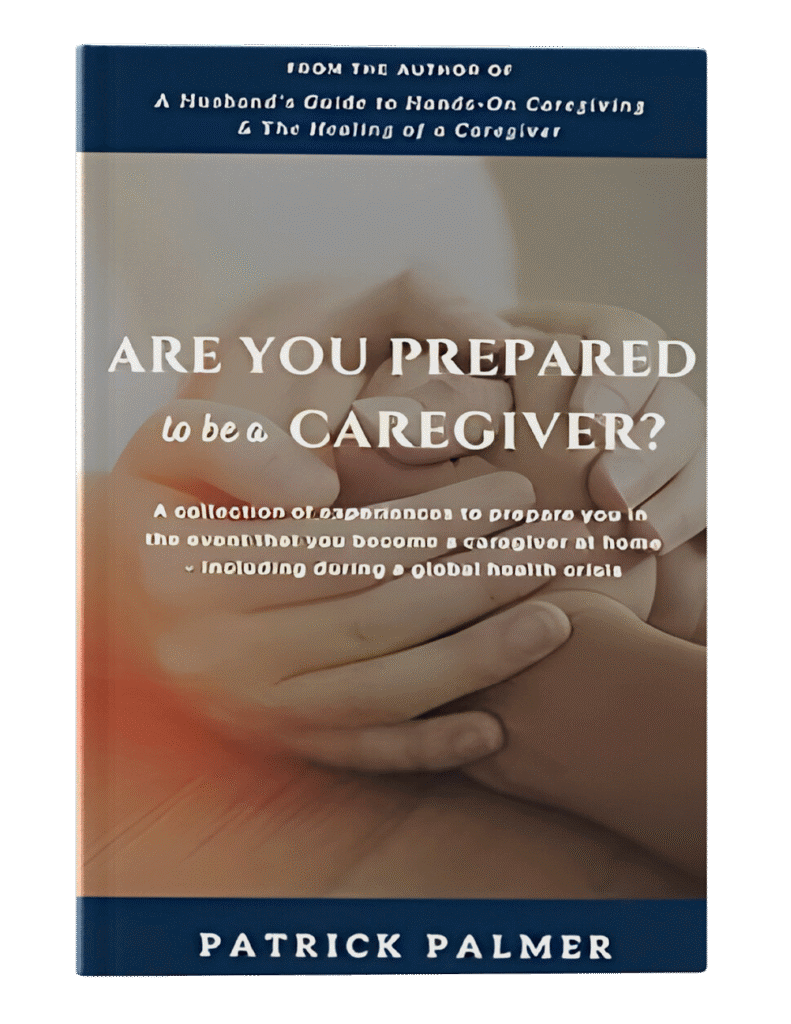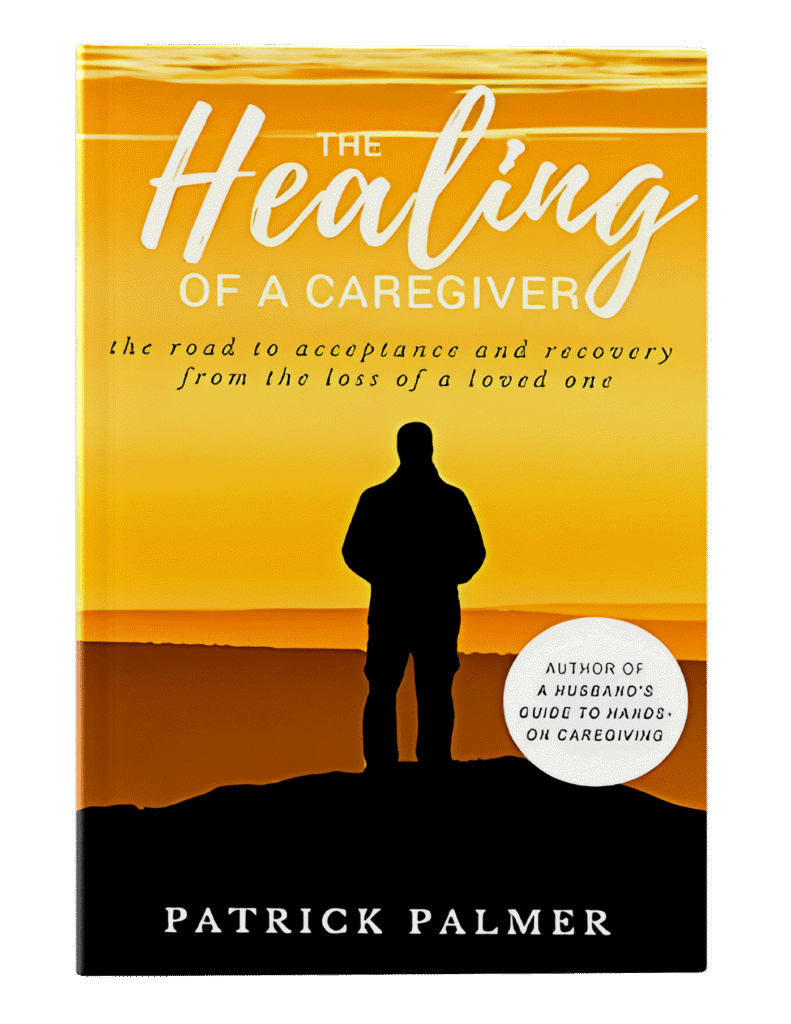Top 10 Red Flags to Watch for When Interviewing Caregivers
Top 10 Red flags when interviewing caregivers are critical indicators you can’t ignore. Hiring the wrong caregiver can cause stress, mistrust, or even harm. In this guide, we cover the top 10 warning signs to spot during interviews—helping you find someone reliable and compassionate.
Finding a caregiver is not merely hiring help; it is welcoming this stranger into your home, your daily routine, and the most vulnerable times of your loved one. The right person will bring comfort, security, and peace of mind. But the wrong one? That can lead to stress, mistrust, and even harm.
That’s why we’ve created this must-read guide on the top 10 red flags to watch for when interviewing Red Flags When Caregivers. It’s your inside track to spot warning signs before they become problems. Let’s begin by finding someone who truly embodies the qualities of a good caregiver.

1. Red Flags When Interviewing Caregivers: Lack of Experience
If a candidate says they’ve “worked with seniors” but can’t describe what that looked like daily, that’s a red flag.
In the interview, ask:
“Can you describe your last caregiving role? What were your daily tasks?”
“Have you helped someone with dementia or mobility issues? What did that involve?”
Watch out for:
Vague responses like “I did everything” or “just basic stuff.”
Not mentioning personal care, medication assistance, and emotional support would be a warning.
A strong answer might be, “I assisted Mr. Johnson with bathing, meal prep, and exercises prescribed by his therapist; he had Parkinson’s.” Specificity shows real experience.
2. Red Flags When Interviewing Caregivers: Inconsistent Work History
Multiple short-term roles or unexplained employment gaps can indicate issues with reliability or performance.
In the interview, ask:
Why did you leave your last three positions?
Can you explain this gap between March and October last year?
Red flags to note:
I just didn’t feel like it was for me.
They let me go, but I’m unsure why.
Someone with the qualities of a good caregiver will likely have longer tenures or clear, honest reasons for any changes such as a client passing away or a family relocating.
Vague or Evasive Responses
A dependable caregiver should answer questions clearly and directly. Be cautious if they dance around tough questions or keep shifting topics.
In the interview, ask:
“Tell me about a time a client refused care, how did you handle it?”
“What would you do if a client fell while you were with them?”
Red flags include:
Overly broad or off-topic answers.
Responses like, “That never really happened,” without further elaboration.
Tip: Rephrase the question or ask, “Can you walk me through a specific day when you faced that issue?” They may not have the experience they claim if they still dodge it.interviewing Red Flags When Caregivers
3. Red Flags When Interviewing Caregivers: Vague or Evasive Answers
Discussing pay is normal but if it overshadows all other topics, it may reflect misplaced priorities.
In the interview, note if they:
Bring up money before asking about the client’s needs.
Repeat questions like, “How much will it pay?” or “Will I get paid for my overtime and on holidays?” without engaging in any other discussion about the job itself.
The best caregivers begin their questions by asking, “What kind of care is needed for your loved one?” or “What are their daily routines and favorite activities?”interviewing Red Flags When Caregivers
4. Red Flags When Interviewing Caregivers: No References
A major red flag does not have recent or professional references, especially for experienced caregivers.
In the interview, ask:
“Can you provide two references from your most recent clients or supervisors?”
“Would it be okay if I contacted them today?”
Warning signs include:
“I lost their contact info.”
“I mostly worked informally, so I don’t really have references.”
Tip: Even informal caregivers can connect you to a family they helped. A lack of reference may suggest concerns about their past performance or behavior.
5. Red Flags When Interviewing Caregivers: Limited Availability
A caregiver’s unwillingness to adapt to your schedule can quickly become a burden, especially when reliability is key.
In the interview, ask:
“Are you available on weekends or for occasional evening shifts?”
“How do you handle last-minute schedule changes or emergencies?”
Red flags include:
“I only work 9 to 5, no exceptions.”
Resistance to covering occasional extra hours, even in emergencies.
Good caregivers are dependable and very flexible. They know that flexibility is often part of the job, especially if the person is under evolving care.interviewing Red Flags When Caregivers
6. Red Flags When Interviewing Caregivers: Poor Communication

Caregivers must communicate well with the client and, in some cases, other family members and health professionals. It is a serious issue when caregivers do not know how to communicate clearly or listen well.
Look for signs such as:
Struggling to explain their past experience.
Interrupting or failing to answer questions fully.
Seeming disinterested or distracted during the conversation.
Try something like this: Ask, “How will you keep a family member abreast of the client’s change in condition?” Then, an observant caregiver would unravel it clearly and respectfully, which is one of the fundamental virtues of a caregiver.
7. Red Flags When Interviewing Caregivers: Unprofessional Appearance
First impressions matter a lot. In most cases, they indicate the attitude with which one takes the role if one arrives too late, is poorly dressed, or is too informal in demeanor.
Red flags may include:
Sloppy attire or poor hygiene.
Using their phone frequently during the interview.
Speaking rudely or oversharing personal details.
Caregiving is intimate and serious work. Professionalism shows respect for the person they’ll be caring for and is a clear indicator of the qualities of a good caregiver.
8. Red Flags When Interviewing Caregivers: Inability to Handle Difficult Scenarios
Caregiving most often involves stress, abruptly changing emotions, or various states of mind. When an applicant freezes or even gives weak answers when asked about how they deal with tough situations, that is definitely a red flag.
In the interview, ask:
“What would you do if the client became aggressive or confused?”
“Have you ever had to respond to a medical emergency?”
Watch for:
“I’d probably just call someone.”
“I’ve never had to deal with that, so I’m unsure.”
However, a strong candidate would stay calm under pressure and make informed decisions based on proper protocols, which are key qualities of a good caregiver.
9. Red Flags When Interviewing Caregivers: Refusal to Follow Care Plans
Care plans exist to ensure consistent, safe care. If a caregiver resists structure or seems dismissive of instructions, consider that a red flag.
Ask directly:
“Are you comfortable following a written care plan or doctor’s instructions?”
“What would you do if a family member asked you to skip part of the care routine?”
Concerning responses might be:
“I prefer doing things my way.”
“I usually just go with what feels right at the moment.”
Caregivers who value consistency, respect, and teamwork align with the qualities of a good caregiver and will always honor the plan in place.
Conclusion
Red-flagging early on will take time, headache, and emotional straining out of the future. Trust your instincts, ask the right questions, and do not settle until you find someone you feel aligns with your expectations.
For better knowledge about caregiving and the emotional endurance that it demands, read Patrick Palmer, author, caregiver, and cancer research advocate. Patrick cared for his late wife, Angela, through her six-year battle with terminal cancer and brings firsthand wisdom to his writing. To learn more about him or to order his books, visit here.




